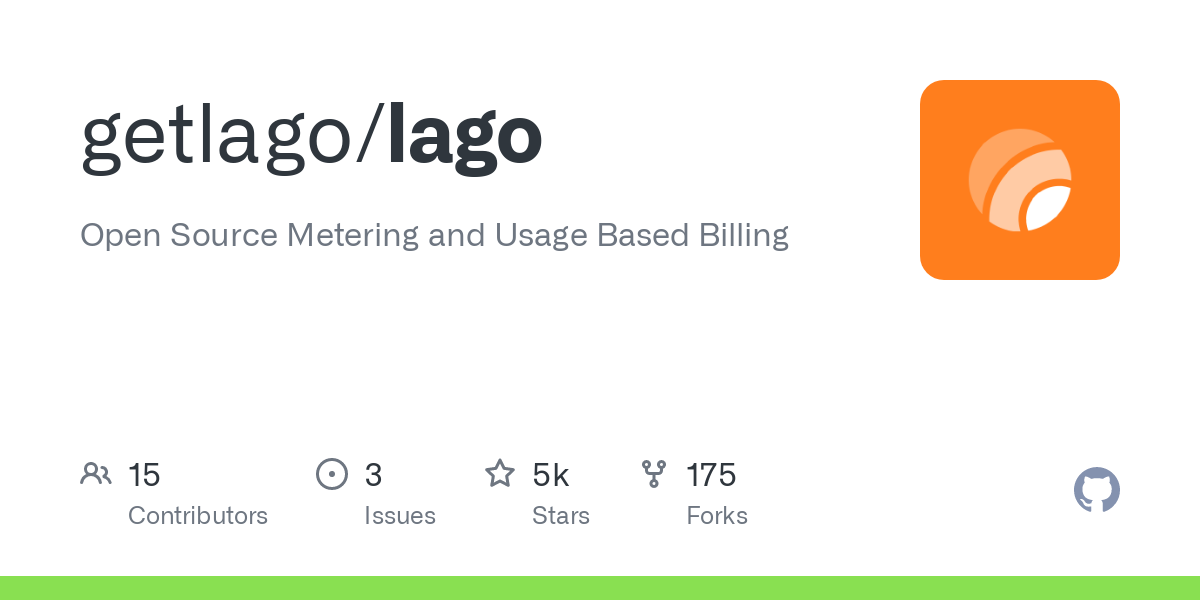- cross-posted to:
- opensource
- [email protected]
- cross-posted to:
- opensource
- [email protected]
cross-posted from: https://lemmy.world/post/6355296
I cannot count the number of times I’ve heard, “This product is X, but open source.”
And I’ll admit it—I’ve done the same when describing Lago. When I’m not in the “startup pitch” mood, I default to, “We’re Stripe Billing, but open source”. Or my co-founder might say, “We’re like an open-source Chargebee.” Frankly, it gets the job done.
Of course, if that’s all there was to us, we would have failed by now. What we’ve learned is that open-source tools can’t rely on being an open-source alternative to an already successful business. A developer can’t just imitate a product, tag on an MIT license, and call it a day. As awesome as [commercial] open source is, in a vacuum, it’s not enough to succeed.
Love it. Trust is also why I’m using Logseq for note taking and “Building a Second Brain”. I’m putting lots of sensitive personal and work information into it, so having plain text files stored locally in a standardized format is critical. My data is completely safe and future-proof.
Ironically, the lack of vendor lock-in is likely going to lead to me sticking with Logseq for a very long time.
I also pay/donate $5/mo to get access to their fully-encrypted cloud sync (and to support the project). I really like the idea of nobody having access to the content of my notes, as would be the case if I used Google Drive or OneDrive to sync plaintext files.
As the article says, in cases where trust is important, open source has a significant advantage.
If there’s one lesson we should have all learned by now, it’s that it really sucks to depend on the whims of some corporation for software you use often. They all go bad inevitably.
I also switched from obsidian to logseq and I really like it so far, I just wish it had a better smarter search. People recommend queries but they are annoying and clunky to use when you just want to quickly look something up.
I moved recently to logseq on the same premise.
However I found that logseq markdown is a kind of a vendor lock in. To be honest I have also tried joplin and obsidian as well.
While obsidian failed because NoT FOsS duh, joplin was disregarded (at first) because it uses a database and not plain text files.
I was migrating from tiddlywiki. First to joplin, then to obsidian and then to logseq.
And although the latter are using all markdown format as their base, they all have their small catches where they differentiate. Sure you do not loose access to bulk of your data. But what would have been the difference to be vendor locked in in years and extract the data from a sql database?
To be fair, it’s much easier to write some sed commands in a bash script that will convert between markdown formats, than something that will migrate databases.
Fair point. (Y)
Correct, Open Source wins by establishing the value of community collaboration. If you use something mission critical, like monitoring, container orchestration, billing, case management etc and you’ve spent time training and learning the system then it follows that you want that system to get continuous updates and improvements, you want that system to succeed and have longevity. For closed source this is gauged by how their financials look and how many customers they have. But in the end its a risk, a guess, because if they go tits up then you SOL and need to change the system right quick due to a multitude of factors, not least security. For Open Source it’s different. You can much more directly contribute, both by paying optional fees and by supplying developers. And in the case the company fails then the code is still there and you can simply fork it and maintain it yourself. If the community is large you can even still collaborate and what was lost was the central steering and support which of course bring value but aren’t critical to a mature system.
The Open Source model makes a lot of sense even in our capitalistic world, so much so that I firmly believe it will kill all other business models in the software sphere in the coming 50 years (stuff like this is a very slow process). Multiple government agencies here in Sweden now have stated open source policies in place because for them procuring an open source system is just the correct risk management approach. And I working with large enterprises see it creeping in slowly, and the younger people at our customers start to get it, it’s starting to “click”.




